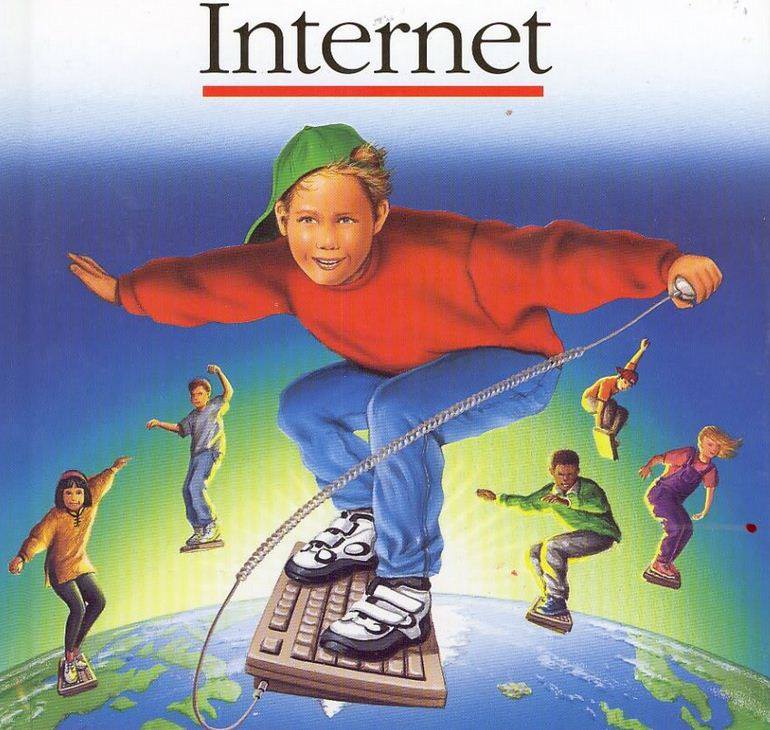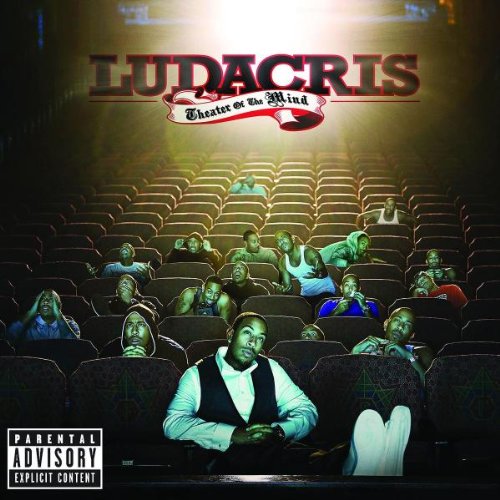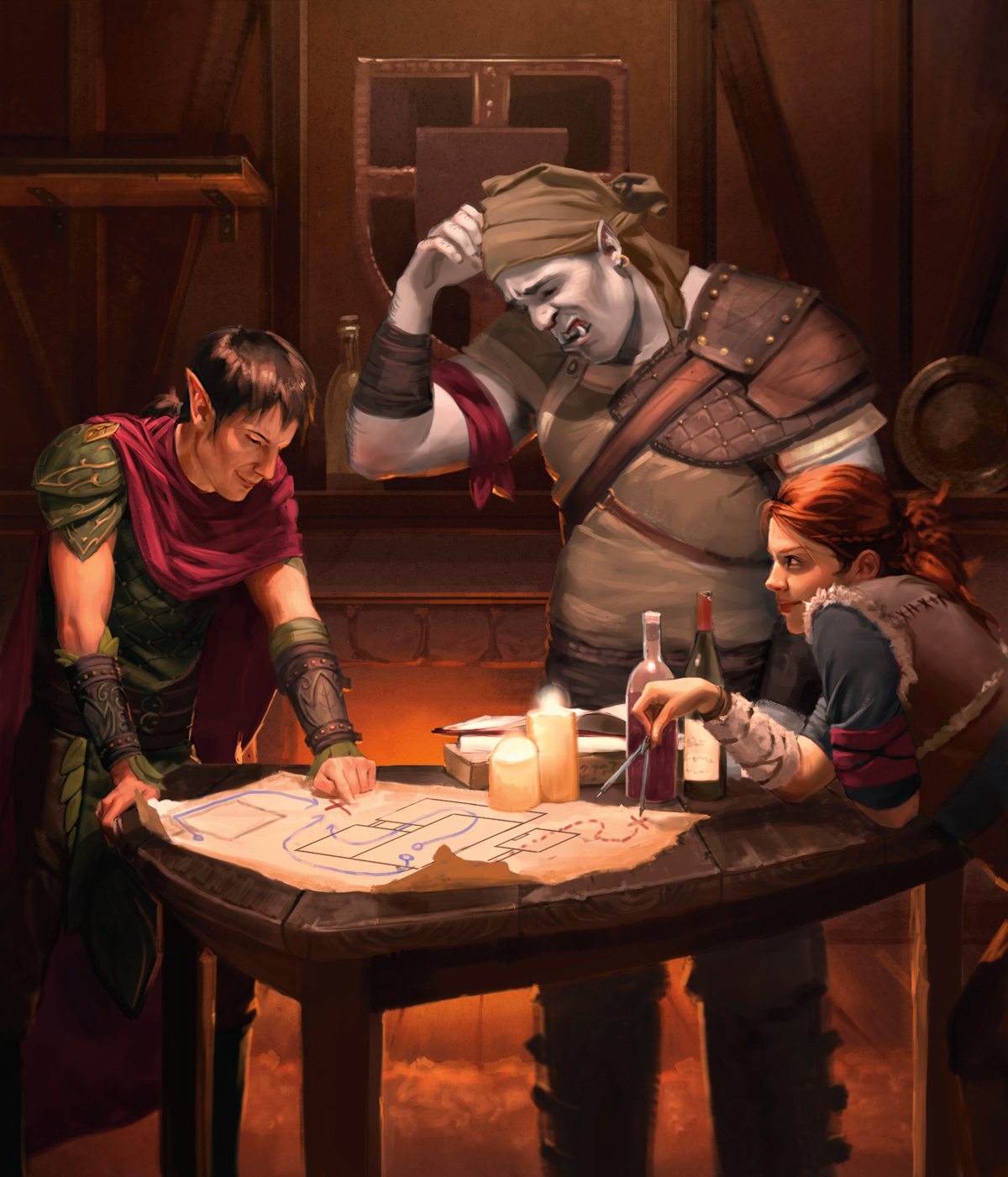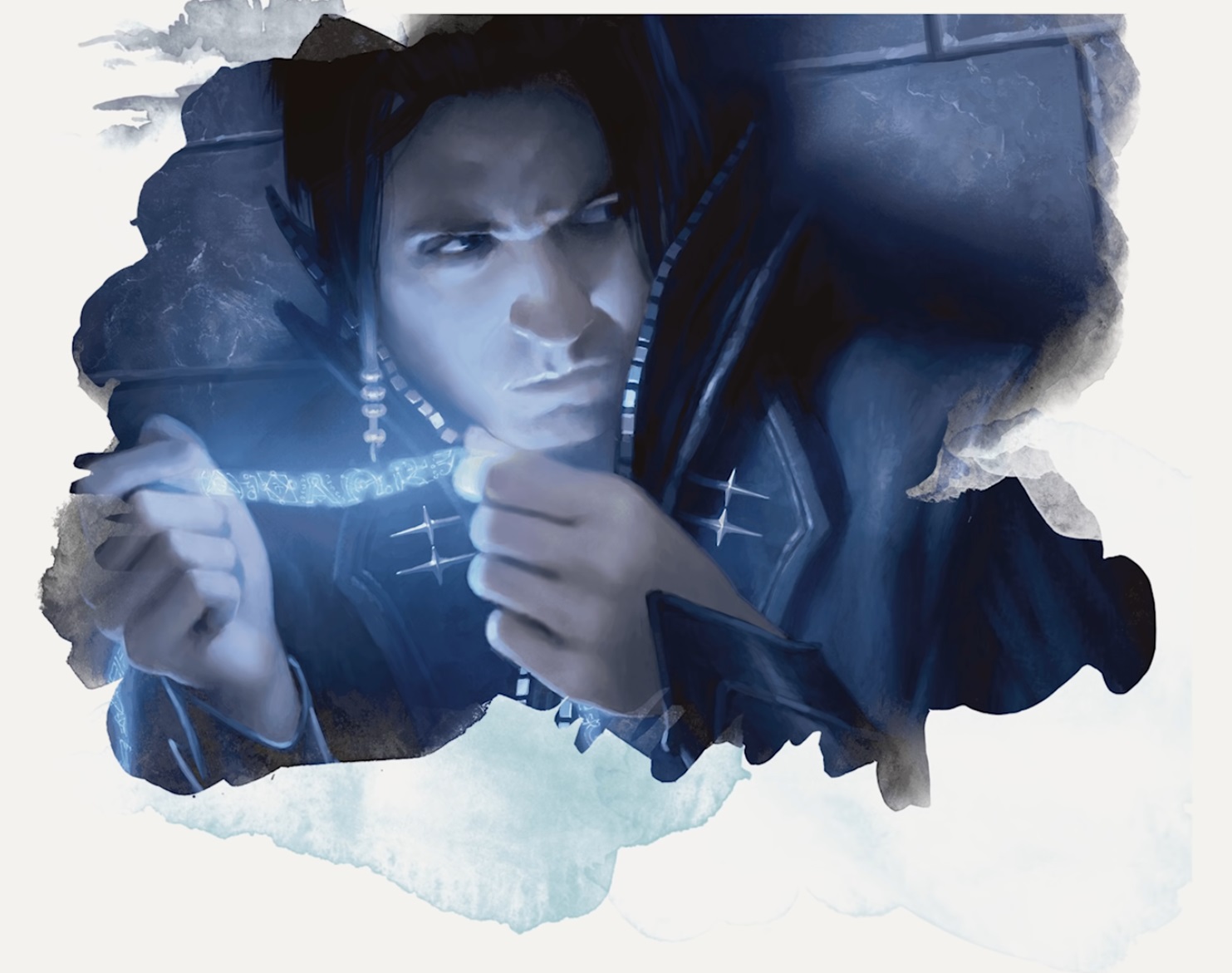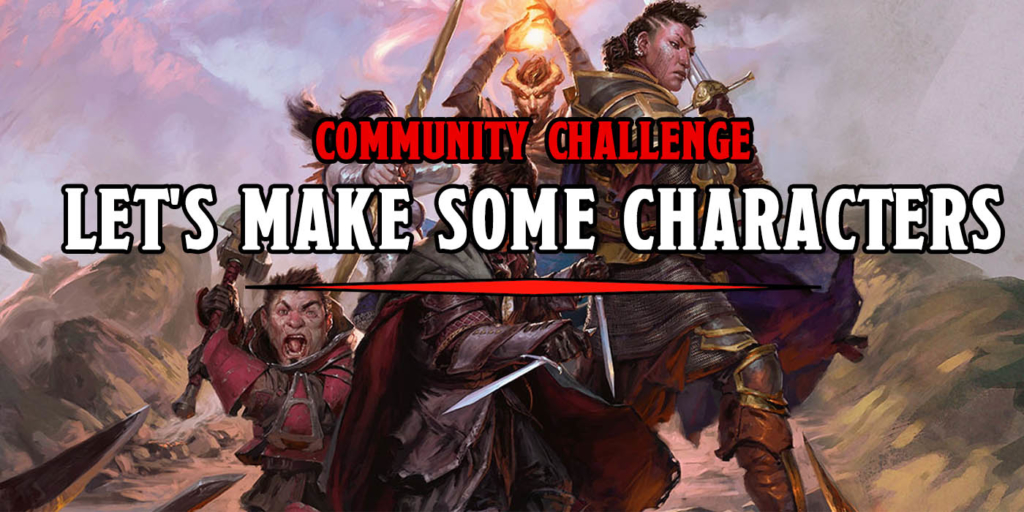D&D: So You Want To Play Online… Tips And Tricks To Keep In Mind
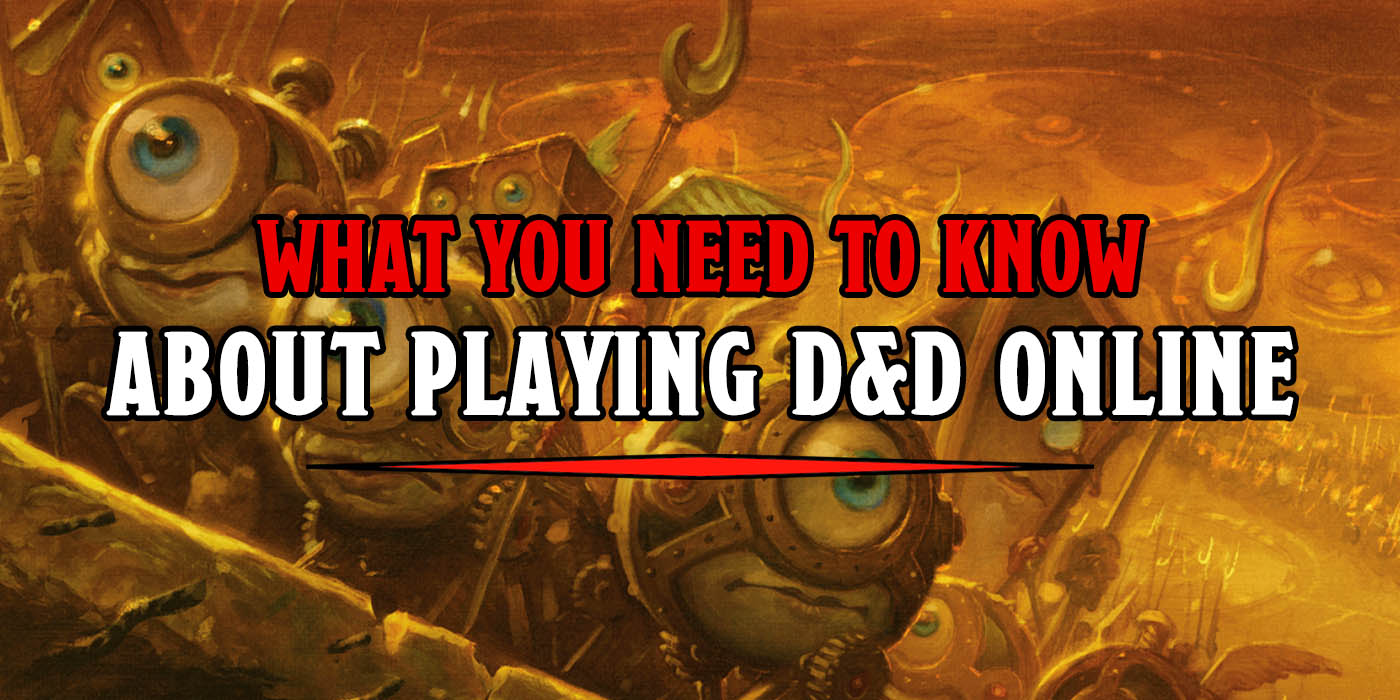

Playing D&D online is a great way to take the isolation out of self-isolation–but if you’re making the jump, you’ll want to keep these things in mind.
It’s not a Gabriel Garcia Marquez novel, but gaming in the time of pandemic is helping to keep many folks calm and connected while following the recommendations that those of us who can self-isolate to protect the folks who can’t. And indeed, many companies are offering free ebooks and features to help enhance the experience of many a homebound gamer.
But playing online is a different beast from its IRL counterpart. Though programs like Roll20 and Astral Tabletop offer a plethora of features to make your life convenient, there’s a learning curve involved. And that’s without even touching on the quirks of running a game while none of you are in the same room. This is a lesson many of us have learned trying to keep in touch with old gaming groups who spread out across the country, but for those of you playing online for the first time, here are a few things to keep in mind while playing on the information superhighway.
Engage!
If there’s one thing to take away from all of this, it’s to stay engaged. The first time you play online with your friends, you might have the novelty of it working on your side, but engagement is hard enough when you’re all in the same room and your game has to compete with smartphones and topical references for the table’s attention. But when the internet is right there just a click away and you have access to everything in another tab on a browser, or whatever, it gets that much harder.
One of the best things you can do is lay out the expectations for your group that you’ll all just pay attention to each other for the duration of the game. It sounds easy, but it’s harder than you’d think. There’s a natural ebb and flow of attention in any session, and it’s amplified by the remote nature of a game. You can fight it by amplifying your own ‘presence.’ React when you feel yourself wanting to–don’t hold back, basically. Keep that in mind and you should be golden.
Consider Theatre of the Mind
Theatre of the mind is a decent album, but a much better way for running your game online than you’d think. While virtual tabletops like Roll20 and Astral Tabletop and Fantasy Grounds offer a ton of tools for using a battlemap that you can move around on, that extends the time that a combat takes by even longer. I’m not suggesting that you don’t use them–but when you’re playing online, using these tools means doing a lot of prep work.
If you’re running a pre-built module, you’ve got the advantage of a lot of the prep already done for you. But if you deviate from it, even for a random encounter, that’s time you’ll have to spend looking for a token, coming up with a custom map, and so on. Especially for unplanned encounters, Theatre of the Mind style play, where you describe the events and have a rough idea of where the combatants are.
I’ve been running TotM games for a while now, and prefer it to minis for most encounters. And when you’re online the extra advantage of keeping your game is helpful. If you’re looking for handy guidelines, the DMG has you covered, just check page 249.
Plan Ahead
Planning is already paramount to running a game. And the prep work you do to run online means doing a little extra work. Consider that you know where your game is likely to head and prep a few extra details than you’d normally do. You’ll be grateful for the extra prep work when it invariably comes up.
One of your best friends is prepping things you can quickly use to help fill quiet moments or the inevitable hardware failure that takes one of your PCs out of commission temporarily. Have some extra NPCs or encounters ready to go and you should be set.
Good Intentions Pave More Roads Than You’d Think
When you’re running your next online session it can be helpful to set your intentions for the game. That can go a long way towards keeping your structure clear. This is especially geared for folks playing online with strangers–have some clear intent in mind when setting your game out so that you know where you’re headed.
But even if you’re playing with friends, having a map to check in with is helpful. Especially when you’re delving into adventure over the next potentially 12-18 months.
Too Much of a Good Thing
The other thing to keep in mind is not to overdo it. Folks might be tempted to take advantage of everyone suddenly having more time available to them to try and get a game in every possible moment. And while you might increase your schedule, don’t go so far that you get burnt out.
We recommend making your game akin to an appointment–it’s something you have to look forward to, so you can help clear your calendar as the day gets closer.
Hopefully these tips will keep your online games going smoothly as we all settle in for whatever’s coming next. Keep adventuring, but safely.
Happy Adventuring!

